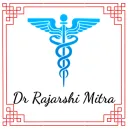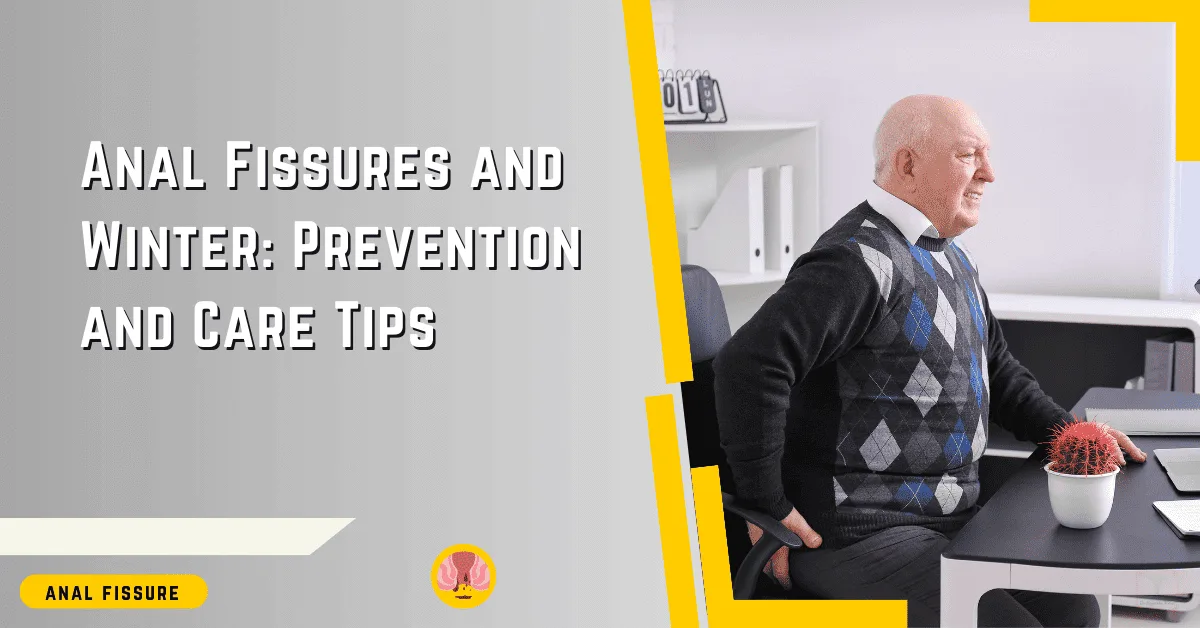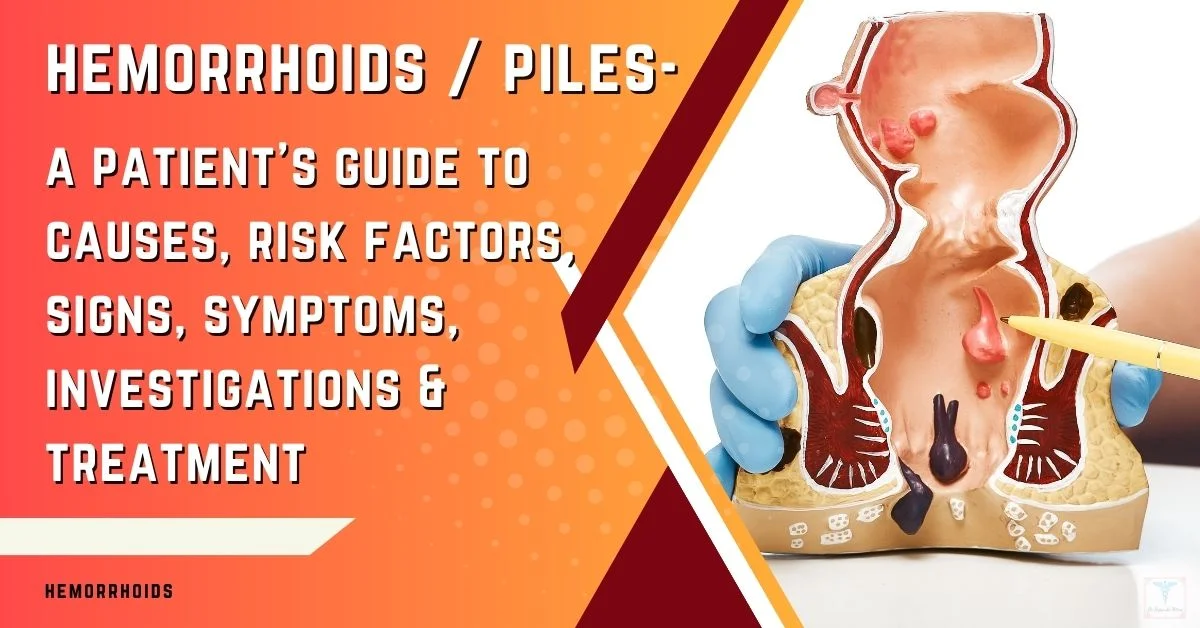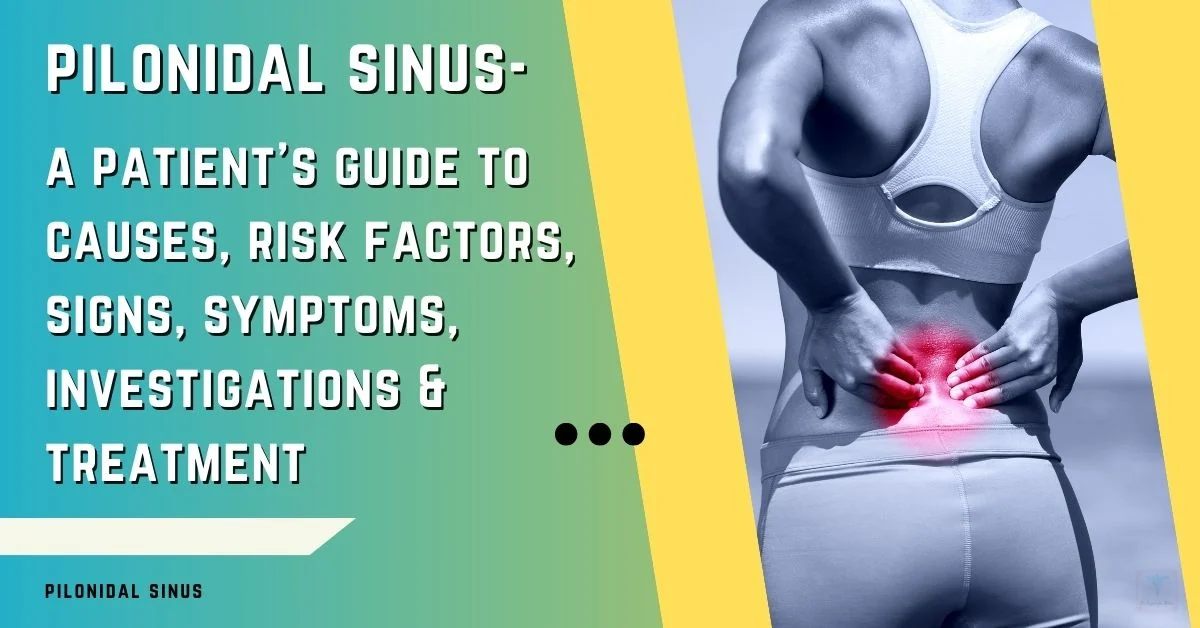Have you ever found yourself wincing at the thought of holiday feasts because of anal fissures? You’re not alone. Anal Fissures and dietary choices can make or break your holiday game.
As the festive season approaches, laden with its delectable but often rich offerings, you face the daunting task of making dietary choices that won’t exacerbate your moderate and severe anal fissure condition.
Navigating the minefield of holiday menus requires a strategic approach to balance both your health and the desire to partake in the celebrations. It’s essential to know which foods will be your allies in maintaining digestive comfort and which ones to sidestep.
After all, the goal is to enjoy the holiday spirit without unnecessary discomfort. But how exactly can you strike this delicate balance?
Stay with us as we explore practical tips and alternatives that can help you honor your dietary needs while still savoring the holiday cheer.
Anal Fissures And Dietary Choices: Key Takeaways
- High-fiber foods such as lentils and whole grains promote regular bowel movements and support the healing of anal fissures.
- Staying well-hydrated is crucial to prevent constipation and soften stools, which can worsen anal fissures.
- Avoiding spicy foods, fast food, fried foods, dairy products, and red meat can help prevent discomfort and exacerbation of symptoms.
- During holiday menus, prioritize fiber-rich options, aim for adequate water intake, and avoid dishes that can aggravate anal fissures to maintain digestive well-being and prevent flare-ups.
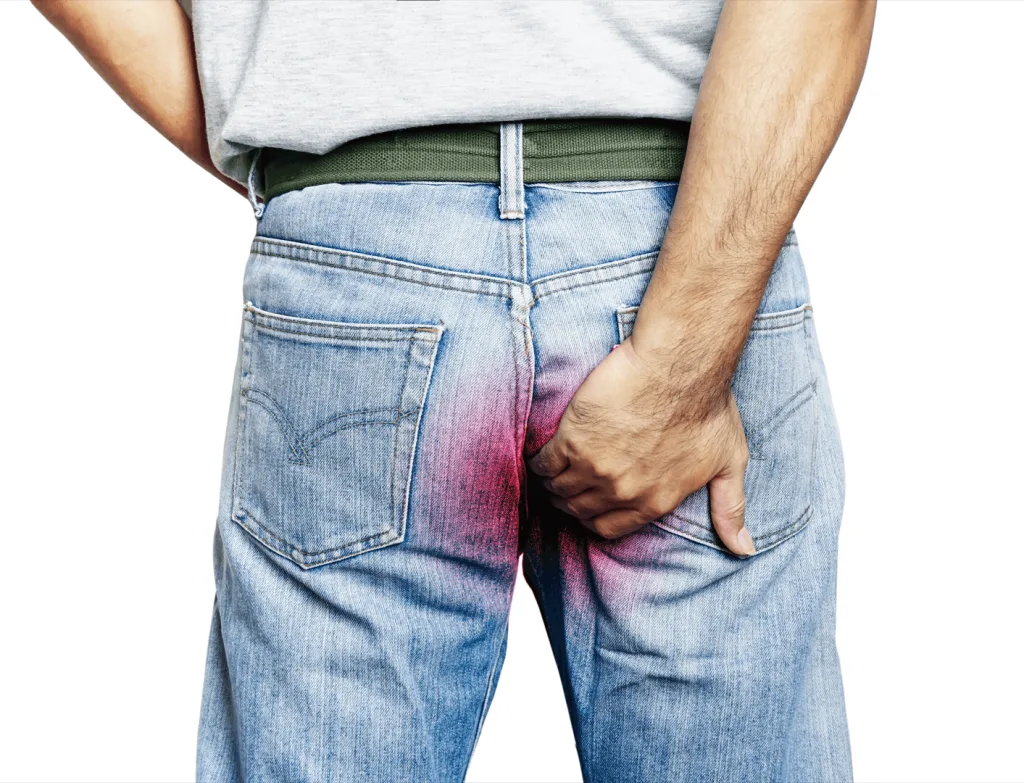
Understanding Anal Fissures
Delving into the topic of anal fissures, it’s crucial to understand that your dietary choices significantly impact their management and healing.
Anal fissures are essentially small tears in the lining of the anus, and they can cause considerable discomfort, especially during bowel movements. The pain and bleeding you might experience are clear signals that your body needs attention and care.
To help anal fissures heal, incorporating high-fiber foods into your diet is essential. This isn’t just about selecting the right foods during the holiday season but also about nurturing a sense of belonging to a health-conscious community.
Fresh fruits, vegetables, and whole grains can soften your stool, making it easier to pass and reducing the strain on the delicate lining of your anus.
Staying well-hydrated is another key aspect of your diet that can promote healing. It’s important to drink plenty of fluids, as this helps prevent constipation—a common exacerbator of anal fissures. Additionally, probiotic-rich foods can support regular bowel movements, fostering a healthy gut environment.
Conversely, you’ll want to avoid foods that may aggravate your condition, such as spicy dishes, fast food, dairy products, red meat, and fried foods.
Remember, it’s not just about temporary relief; it’s about making dietary choices that support long-term healing and well-being.
If your symptoms persist, consulting a doctor is crucial for proper management and care.
Fissure-Friendly Foods
To manage and heal anal fissures, it’s vital to choose foods high in fiber and hydration, such as lentils and watermelon, which soften stool and aid in regular bowel movements.
Adding fiber to your diet is a crucial step in fostering a sense of relief and community, as many individuals share this common goal of digestive well-being.
Incorporating whole grains into your meals, like quinoa and oats, provides your body with essential insoluble fiber. This type of fiber doesn’t dissolve in water, helping to add bulk to your stool and preventing the straining that can exacerbate anal fissures.
You’re not alone in this dietary adjustment—there’s a whole community of people who understand the importance of these nutritional choices.
Hydrating foods, such as watermelon, not only offer a refreshing burst of fluid but also contain magnesium and vitamins A and C, which support tissue repair. Citrus fruits like oranges supply additional vitamin C and antioxidants, compounds that are allies in your body’s healing process.
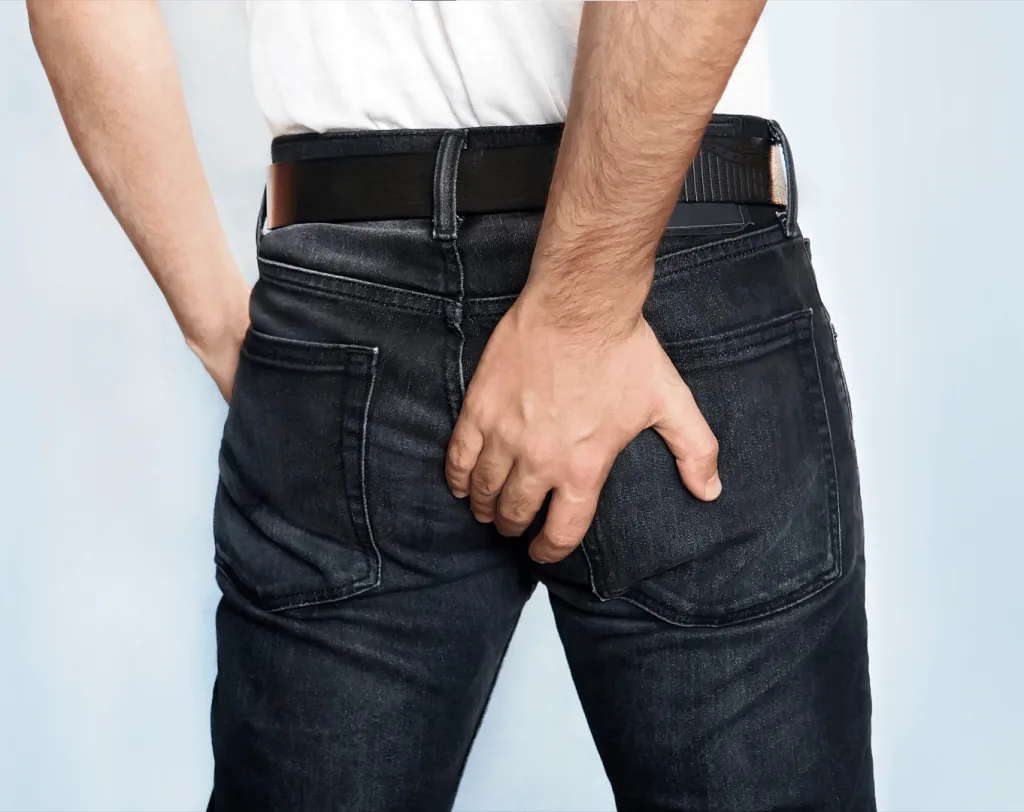
Foods to Avoid
While incorporating high-fiber foods can significantly benefit those with anal fissures, it’s equally important to avoid certain items that may hinder your healing process. Eating too much of the wrong foods can cause hard stools and increase discomfort, making your holiday season less than merry.
Here are some foods to steer clear of:
- Spicy FoodsThese can aggravate your stomach, leading to more painful experiences when passing stools. The burn you might feel during a festive meal isn’t worth the prolonged pain later on.
- Fast Food and Fried FoodsOften low in fiber and hard on digestion, these foods can be tough to excrete and lack the nutritional content your body needs for repair. Plus, they contribute to the formation of hard stools, which are your enemy when dealing with fissures.
- Dairy Products and Red MeatHeavy creams, cheese, and milk can exacerbate symptoms, while red meat’s complexity in digestion may delay stool passing, adding unnecessary strain to your condition.
Holiday Menu Strategies
As you plan your holiday menus, it’s crucial to prioritize fiber-rich options that can help manage anal fissures and promote digestive health. Including whole grains, lentils, and fresh fruits won’t only add variety and flavor to your festive meals but also ensure you’re getting the necessary fiber to prevent constipation, a common trigger for anal fissures.
Remember, aiming for 20-35 grams of fiber daily is key, and maintaining adequate water intake alongside fiber is essential for softening stools and reducing straining during bowel movements.
Steer clear of the spicy, fried, and dairy-heavy dishes that are staples at many holiday gatherings. Instead, embrace fissure-friendly recipes like a nourishing lentil soup, hydrating watermelon salad, or a colorful vegetable stir-fry. These dishes can satisfy your festive cravings without aggravating your condition.
Don’t forget to stock your pantry with nonperishable fiber-rich foods, such as oatmeal, canned legumes, nuts, and seeds. These are lifesavers when you need to whip up something quick and healthy.
If your symptoms persist after 8 weeks despite these dietary adjustments, it’s important to consult your doctor. There are no quick fixes for anal fissures, but with the right strategies, you can enjoy the holiday season comfortably and healthfully.
Coping With Fissure Flare-Ups
Even when you’ve carefully planned a fiber-rich holiday menu to manage anal fissures, it’s important to know how to address sudden flare-ups effectively. Your sense of comfort and well-being is paramount, especially during festive times when you want to feel part of the joyous gatherings.
Let’s explore how you can navigate these flare-ups with empathy and understanding for your body’s needs.
Here are three key steps to help you cope:
- Stay HydratedEnsuring you drink enough water is crucial. This simple act can soften your stools, making bowel movements less painful and helping to prevent further strain on your fissure.
- Modify Your DietWhen a flare-up strikes, prioritize easily digestible foods. This not only aids in soothing your digestive tract but also aligns with your nutritional focus on healing.
- Practice Gentle HygieneKeeping the affected area clean and dry without harsh rubbing can significantly reduce discomfort and prevent irritation.
Final Note From Dr. Rajarshi Mitra
As you celebrate the season, gently steer your plate towards the softer side of the feast. Embrace fiber-rich greens and succulent fruits, ensuring your holiday is both merry and kind to your body.
Sidestep the naughty nibbles that could disrupt your comfort, and remember, small, thoughtful choices can keep spirits high and discomfort at bay.
Here’s to a festive spread that supports your well-being with every wholesome bite. Cheers to your health and festive joy!
Anal Fissure: FAQS
Can I Eat Popcorn With a Fissure?
You can eat popcorn with a fissure, but watch for digestive irritation risks. Choose air-popped varieties and stay hydrated to help manage the high fiber content and minimize discomfort. Chew thoroughly for the best digestion.
Is Cheese Bad for Fissures?
You should avoid cheese if you have fissures; its low fiber content and high fat can aggravate symptoms. If lactose intolerant, it’s even worse. Seek out high-fiber, non-fatty food alternatives instead.
Are Eggs Bad for Fissures?
Eggs aren’t bad for fissures, but their low fiber content won’t aid bowel movements. Opt for healing foods rich in fiber to promote healing, and monitor how your body reacts to eggs.
Can We Eat Chocolate in Fissure?
Like navigating a chocolate maze, you can enjoy chocolate’s benefits with fissure triggers in mind. Embrace dietary moderation, and your body will thank you for the evidence-based, nutritionally focused, and medically accurate approach.
